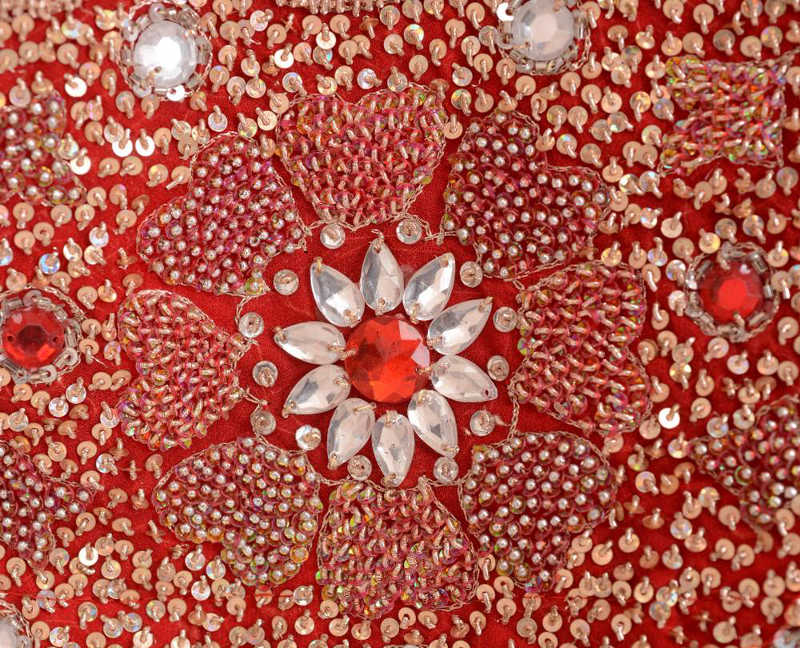===
1722,
5
===

=== |
 |
shar:t : 'A condition, stipulation, agreement, term, provision, engagement, bargain; a wager, bet'. (Platts p.725)
FWP:
SETS
MOTIFS == EYES; GAZE
NAMES
TERMS == INSHA'IYAHWhat about that somewhat awkward second line? SRF's second reading amounts to taking phir dekhiyo nah to mean something like 'Then, pay attention, won't you?' The idea is something like the English 'Look here!', which is not visual but usually means 'Pay attention to this!'.
SRF's first reading of the second line-- the one I have shown above-- is more compelling, however, since it sets up its own little mystery. It enjoins the beloved to look toward the speaker once, and then never to look that way again. Is this because one look will finish him off, and she won't be obliged to look again and watch him actually collapse and die? Is it because one look will sustain him for a lifetime, and he doesn't wish to trespass on her dignity by seeming to require a second look?
The richest way to account for this reading, however, is to pick up on the word shar:t , and take it seriously as referring to a 'condition, stipulation, bargain' (see the definition above). On that reading, the speaker is proposing a deal, a bargain, to the beloved (or perhaps reminding her of one they have already agreed on). He says, 'Look, I've done my part-- I've turned my eyes away from everything in the world, everything in 'that' direction; my eyes are now only on you. Now, in return for this, your part of the deal is that you must look one time in my direction; after that, you needn't ever look my way again.' He even takes pains to mention the sweetener first ('You never have to look my way thereafter'), before coming to the actual requirement ('One time, look!').
Of course, it's a pretty unequal bargain-- but then in the ghazal world, what else would we expect?